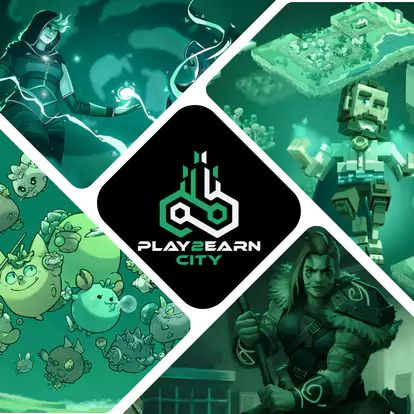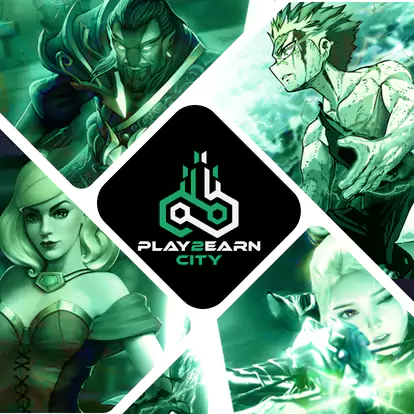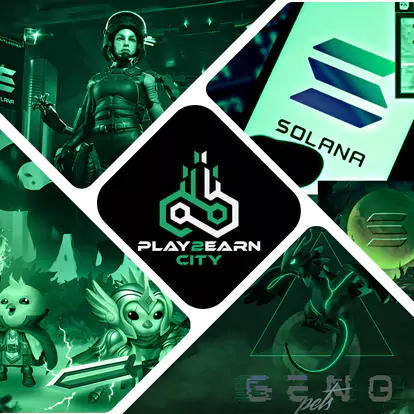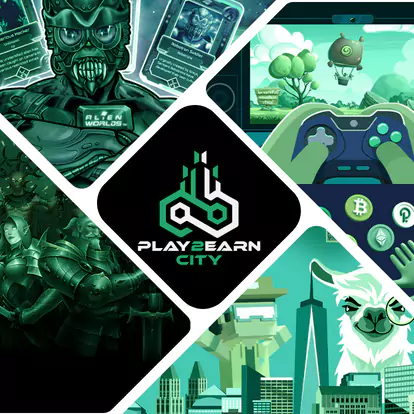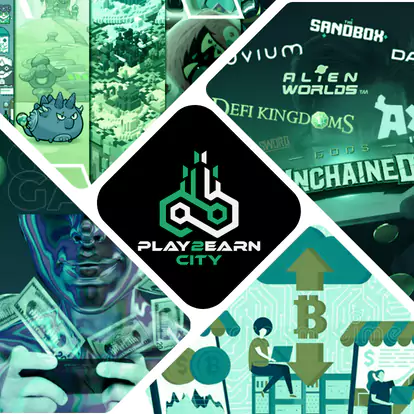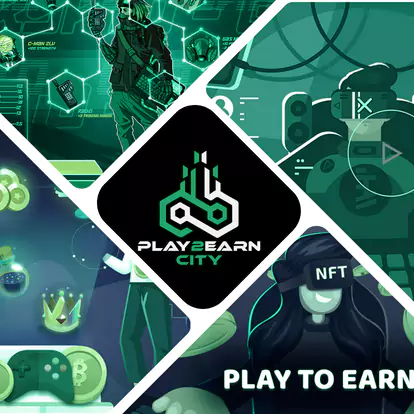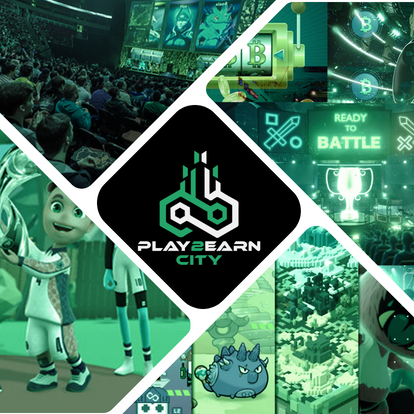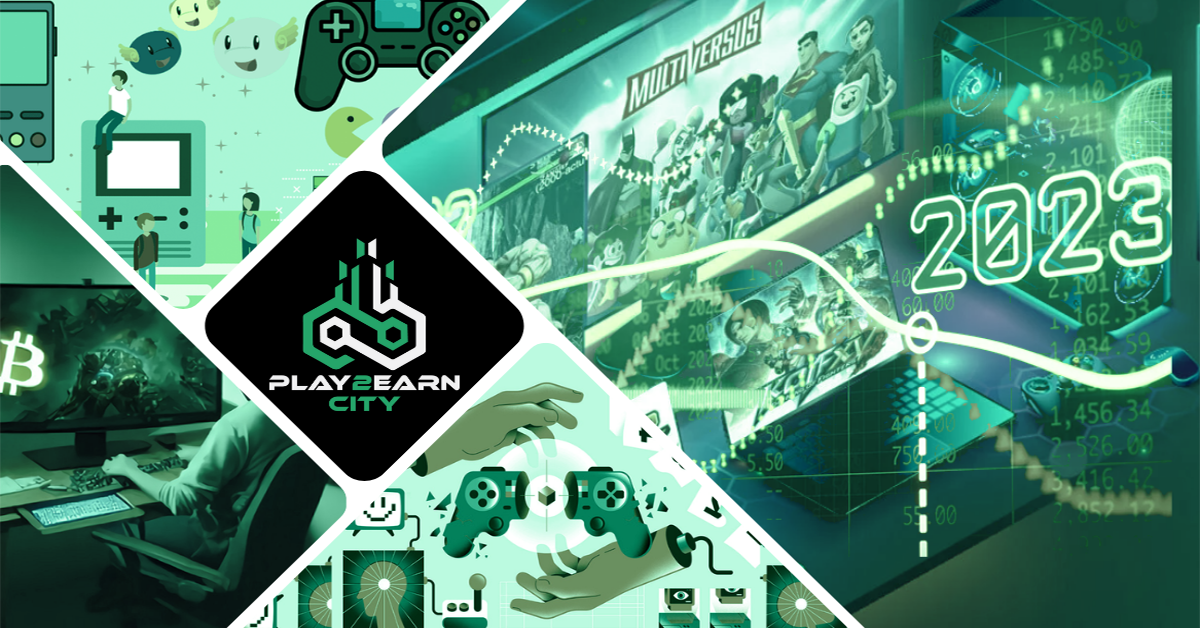
There needs to be some technological humility. No, not in the back of the closet with your old Tamagotchi (remember those?), but instead, in a role of support instead of being the star appeal. That's right, folks: a video game's success doesn't depend on cutting-edge features but on tried-and-true gaming mechanics.
Tech Takes a Backseat?
The legendary battle between the Sony PlayStation and the Nintendo 64 is a perfect example of the role of gameplay and technology in gaming.
Sony's PlayStation eventually triumphed over the Nintendo 64, despite both systems' achievements. Why? Because it had more games from other developers and exclusives like Metal Gear Solid and Final Fantasy VII. While the N64 was home to some iconic series, the PlayStation's extensive and varied catalog ultimately won out.
Of course, this doesn't mean technological advancements aren't vital in the gaming industry. After all, we've progressed considerably since the pixelated days of Super Mario and Sonic. It's essential to keep in mind, though, that technology is a means to an end—an improvement to the quality of the game itself.
Of course, not every cutting-edge innovation will change the world. Technology has always had a hard time gaining widespread adoption when it is incompatible with existing games or has a poor user experience, such as the Virtual Boy, PlayStation Move, and Xbox Kinect.
Even so, new technologies can significantly affect the gaming world, as we've seen with the popularity of virtual and augmented reality devices like the PlayStation VR and Oculus Quest.
Where does this leave video games in the future? All you have to do is create enjoyable games if you must dominate the market regardless of the technology incorporated into the games in question. Though crucial, technology is not the final arbiter of success in gaming. If a game is entertaining and has plenty of customization choices, it will reach its target audience. Perhaps a simple 2D platformer on an old Gameboy will become the next great thing in gaming. Big joke, though. But it would be fun to see how this can happen!
The Play-to-Earn Mania
From the previous paragraphs, it is important that the gaming user experience is as immersive and entertaining to draw gamers to your gaming franchise. It can be challenging to please the gaming community, and any team behind a gaming project will have to double down to understand their intended audience as well as fully understand what is expected of them in the chosen genre that they choose. This can be a mountain to climb, and the competition to secure the best talents in the industry is high. This is the bane of the gaming industry.
Revolutionary tech like the blockchain burst onto the scene decades ago and has now found excellent use cases in capturing the attention of both old and upcoming gamers alike. Since pleasing gamers is seemingly herculean, the approach with this tech is to appeal to its users' pockets. It does this by introducing a gaming model tagged “play-to-earn.”
Gamers need to feel a sense of accomplishment, and regardless of how excellent the gameplay of a game is, it needs to have some sort of sentimental rewarding system that will keep players engaged. The play-to-earn model does this by providing in-game rewards that have real-world value in the form of cryptocurrencies, NFTs, and various virtual assets that can be exchanged for fiat and serve as an income stream for gamers.
How the Play-to-earn Model can be Explosive
This gaming system combines the fantastic features that blockchain technology offers and channels it to a source of revenue for gamers and investors worldwide. Some of these features include:
Increased safety and transparency
These are two key advantages of blockchain technology for the gaming sector. Players can have faith that their virtual property and transactions are safe and transparent thanks to decentralized networks and cryptographic protocols. The implementation of smart contracts also paves the way for contracts to be self-executing and fully automated, which can guarantee the equitable and open sharing of benefits and assets.
Sub-benefits
-
Fraud and hacking attempts are less likely to succeed.
-
Players are more likely to feel comfortable making financial transactions in-game, which improves game economics's general fairness and openness.
Ownership and control
The control of the in-game property is bolstered by blockchain technology, giving players more agency over their virtual possessions. Their assets can be kept in cold storage in a digital wallet, and they can buy and sell those assets on a number of different exchanges. This allows for greater freedom and agency for participants.
Sub-benefits
-
Players can earn income for their in-game efforts. Players have more agency over their virtual possessions and the choices they make with them.
Improved interoperability and cross-game compatibility
There is a need for enhanced interoperability and cross-game compatibility because traditional in-game economies are typically isolated from one another and cannot interact with those in other games or on other platforms.
Blockchain technology paves the way for interoperability between games and platforms, enabling the transfer of assets between them. That way, the gaming community may collaborate and innovate in new ways thanks to the increased accessibility.
Sub-benefits:
-
Assets can be moved freely between games and platforms.
-
Now more than ever, studios may pool their resources to make unique games that use elements from a variety of titles.
-
As a result, players have a stronger feeling of ownership and continuity between their play sessions.
The technology removes the barriers between the many gaming universes.
New opportunities for player engagement and retention
There are now more ways than ever before to keep gamers interested in a game, thanks to the options made possible by blockchain technology.
The option to award players with in-game goods with real-world worth makes for a more engaging and rewarding gaming experience. Non-fungible tokens (NFTs) also enable the creation of scarce and one-of-a-kind assets, which can further pique players' interest.
Sub-benefits
-
The players' emotional investment and sensation of victory increase.
-
This increases the likelihood that players will return to the game to earn and acquire in-game currency.
-
Because of this, players may be more willing to spread the word about the game and recruit new players.
Blockchain technology increases the thrill of gaming to new heights.
Increased accessibility and democratization
By using blockchain technology, the gaming business can become more open and democratic for a number of reasons. With decentralized networks, gamers worldwide can take part and communicate with one another on an even playing field.
Payments made with cryptocurrencies are also more accessible and inclusive, especially for those operating in countries with less developed financial systems.
Sub-benefits:
-
There is no geographical barrier to entry, and players from all around the world can engage and communicate with one another.
-
Because of this, players who couldn't afford to join in the fun in the past can now do so
Blockchain technology makes gaming accessible to everyone.
Granted, there are a lot of opportunities with technology as revolutionary as this, but it is important to view these developments as a support system in the gaming industry. The focus has primarily been on the advantages and great benefits that users can enjoy from the binaries of improved tech in gaming that the gamers' experience has been forgotten.
Graphical prowess, virtual reality settings, and unique control schemes are a few examples of how technology may improve the gaming experience. Yet, it is crucial to strike a balance between technological advancements and gameplay. Even if a game has state-of-the-art visuals, if the gameplay is dull, people will only stick around for a short time.
However, games that successfully combine technological advancements with engaging gameplay can achieve spectacular sales results.
An example is The "Uncharted" series on the PlayStation, for instance, is known for its dramatic and immersive experience. It uses cutting-edge graphics and motion capture technology. But it also features robust gameplay mechanics and exciting storylines, so players keep returning for more.
Like "The Legend of Zelda: Breath of the Wild," this Nintendo Switch title features beautiful open-world graphics, unique gaming systems, and an engrossing plot.
Play-to-earn games got off to a blazing start but needed to catch up to the users' demand for a better gameplay experience, and this had its effects on this branch of the industry.
The potential for play-to-earn is massive. If developers in the sector can strike a balance between using blockchain technology and optimally enhancing the core gameplay experience of video games, it would appeal to users who want to earn while playing and those that want to enjoy gaming. Talk about a double-edged sword weapon! Achieving this would be very explosive for the play-to-earn gaming sector.
Conclusion
By fusing gameplay (i.e., an enjoyable experience) with player-owned economies, blockchain/play-to-earn gaming is poised to become a frontrunner in the gaming industry, attracting not only the usual suspects in search of the ultimate challenge but also those who might not otherwise consider themselves gamers but are interested in a non-traditional entry point into the world of cryptocurrencies.
What is Play2Earn City
Play2Earn City presents an extensive range of blockchain/play-to-earn games stored on its shelves where gamers can easily reach to access information about how well they can maximize their interaction with P2E games regarding earning. Our project is set on a course to achieve its goals of building premium tools that players can employ to accelerate their income with P2E gaming.
For more information on Play2Earn City, go to:

